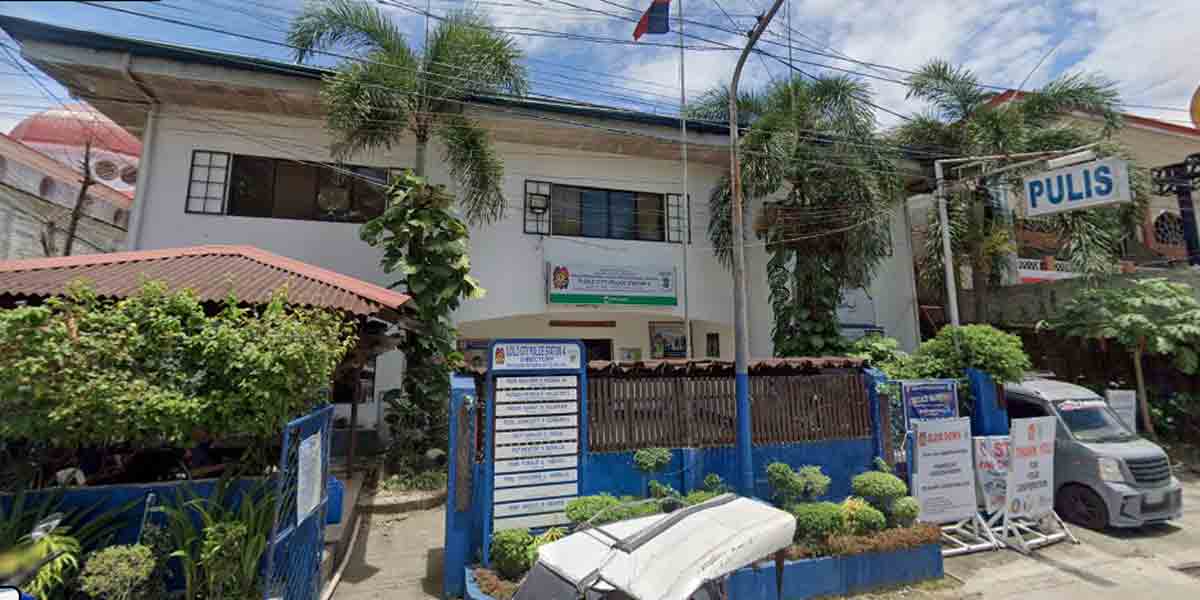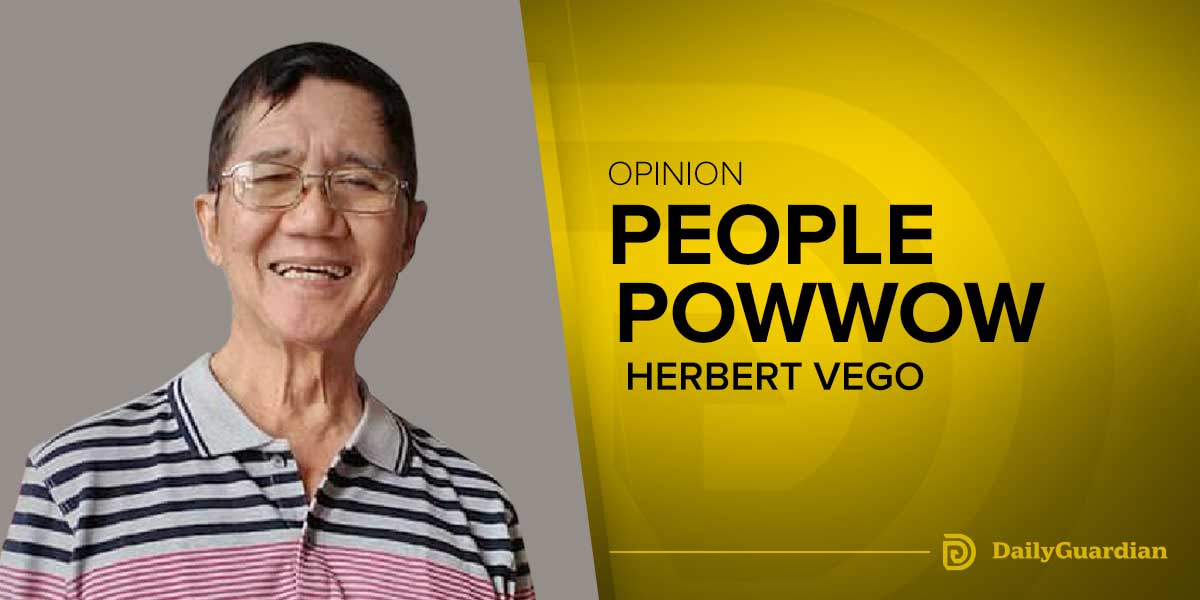The bloodstained legacy of former President Rodrigo Duterte’s war on drugs continues to unravel as more testimonies emerge, revealing the systematic killing of drug suspects and the police rewards attached to these deaths.
Last week, former Philippine National Police (PNP) officials, including retired Colonel Royina Garma, further implicated the Duterte administration in what many now regard as state-sanctioned murder. Her chilling testimony about the “Davao model” offers new evidence that police officers were rewarded for extrajudicial killings—a program endorsed at the highest level of government.
The House and Senate are now speaking of accountability, but one cannot ignore the deafening silence of many during the height of Duterte’s rule. It was a silence that enabled the administration to dismantle democratic institutions and corrupt the criminal justice system, pushing the boundaries of impunity and embedding a culture of fear. Those now raising their voices—many of whom had platforms then—kept quiet as bodies piled up and human rights groups cried foul. They allowed Duterte’s war to be glorified as a legitimate crime-fighting tool rather than questioning its deep moral, legal, and societal implications.
The quad committee hearings revealed not only the inhumanity of the war on drugs but also the machinery behind it. What started as a localized “Davao model” quickly became a national scourge, with local police officers incentivized to kill rather than apprehend. This system took root and flourished, particularly because many Filipinos believed Duterte’s promises of safer streets, despite the mounting bodies.
It is easy to commend those now pushing for justice—lawyer and human rights advocate Chel Diokno’s call for reform within the PNP and Garma’s admissions paint a clearer picture of state involvement in these killings. However, we must also hold to account those who stood by silently, complicit in their inaction. The true horror of Duterte’s war was not just the number of lives lost but the culture of silence that allowed it to persist. Many in positions of power, influence, and even moral authority kept their heads down, unwilling to challenge a regime built on fear and violence.
Duterte’s use of intelligence funds in Davao City should be scrutinized, as Diokno suggests, as part of a broader investigation into the war on drugs. The billions in confidential funds reportedly allocated to the city could reveal more about how the administration financed these operations, both locally and nationally. What remains even more troubling is that this systemic approach to rewarding violence has likely continued to affect the culture within law enforcement agencies, long after Duterte’s departure from office.
This is not just a call for accountability for Duterte, Garma, and all who orchestrated and executed the killings. It is a now for reflection on the broader failures of society to resist. The silence of the political and social elite during Duterte’s war allowed a regime of blood to prosper, and that failure haunts the very essence of democratic governance.
Reforms, such as those proposed by Diokno, including removing the power of the police to discipline their own, should be prioritized. The passage of the PNP Discipline Act and creating a civilian oversight body are critical steps forward. So is the push for mandatory autopsies in suspected homicides, to prevent further abuse by a system prone to manipulation.
But beyond the legislative proposals, we must address the collective guilt that accompanies silence. If we fail to recognize the complicity of those who stayed quiet while democratic institutions were corroded, we risk repeating the same mistakes. History shows that silence in the face of tyranny is never neutral—it is a choice that sides with the oppressor.
In the end, while we must focus on the future, ensuring that our laws hold the police accountable and preventing such a deadly program from ever taking root again, we must also learn from the past. The legacy of Duterte’s drug war is not just in the thousands of lives lost but in the silence that allowed it to happen unchecked. Those voices—silent then but loud now—must not only demand justice but also atone for their own complicity.




















